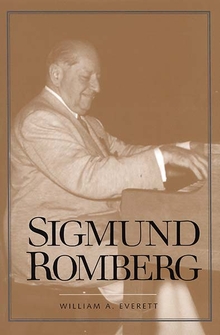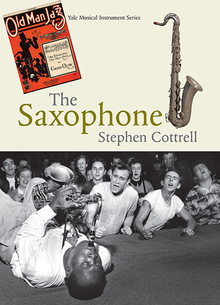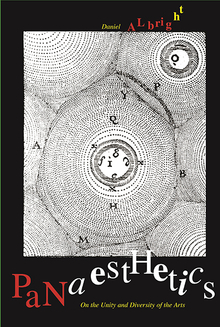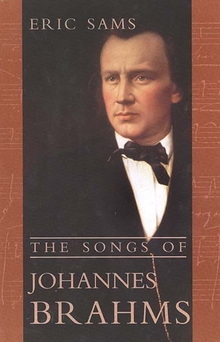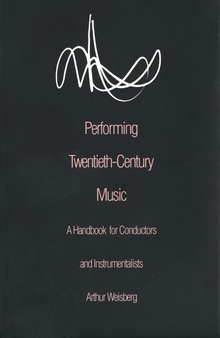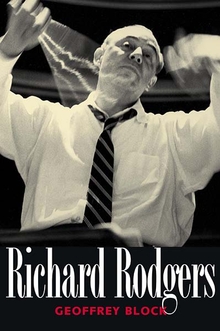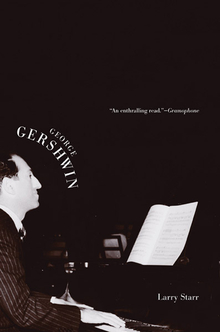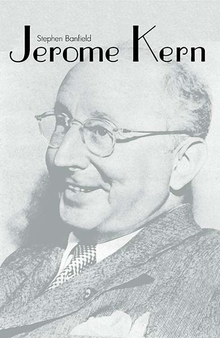Sigmund Romberg
WARNING
You are viewing an older version of the Yalebooks website. Please visit out new website with more updated information and a better user experience: https://www.yalebooks.com
William A. Everett
Hungarian-born composer Sigmund Romberg (1887–1951) arrived in America in 1909 and within eight years had achieved his first hit musical on Broadway. This early success was soon followed by others, and in the 1920s his popularity in musical theater was unsurpassed. In this book, William Everett offers the first detailed study of the gifted operetta composer, examining Romberg’s key works and musical accomplishments and demonstrating his lasting importance in the history of American musicals.
Romberg composed nearly sixty works for musical theater as well as music for revues, for musical comedies, and, later in life, for Hollywood films. Everett shows how Romberg was a defining figure of American operetta in the 1910s and 1920s (Maytime, Blossom Time, The Student Prince), traces the new model for operetta that he developed with Oscar Hammerstein II in the late 1920s (The Desert Song, The New Moon), and looks at his reworked style of the 1940s (Up in Central Park). This book offers an illuminating look at Romberg’s Broadway career and legacy.
Romberg composed nearly sixty works for musical theater as well as music for revues, for musical comedies, and, later in life, for Hollywood films. Everett shows how Romberg was a defining figure of American operetta in the 1910s and 1920s (Maytime, Blossom Time, The Student Prince), traces the new model for operetta that he developed with Oscar Hammerstein II in the late 1920s (The Desert Song, The New Moon), and looks at his reworked style of the 1940s (Up in Central Park). This book offers an illuminating look at Romberg’s Broadway career and legacy.
William A. Everett is associate professor of music history/musicology, Conservatory of Music, University of Missouri–Kansas City. He is author of The Musical: A Research and Information Guide and coeditor of The Cambridge Companion to the Musical. He lives in Kansas City.
"This is the first serious study of Sigmund Romberg and is an important and original contribution to the study of musical theater. Everett explores the music—and the context in which it was first presented—in a careful and thorough manner."—Thomas S. Hischak, author of The Oxford Companion to American Theatre
"There have been relatively few biographies of [Romberg]. . . . A new biography is long overdue. . . . The long wait has been worthwhile and indeed most rewarding, because Everett's book is excellent in every respect and is sure to become the definitive work on this composer. . . . Everett's book, handsomely produced, and elegantly designed and illustrated, is a most worthy addition to the Yale Masters of Broadway Series, of which, I, for one, eagerly await further volumes."—Reuben Musiker, Journal into Melody
"An engaging perspective on Romberg's place in music-social history. . . . Highly recommended."—Choice
“… the only written full-length study of Romberg. Everett’s achievement is considerable … [He] has ordered the empirical evidence and transmitted a sense of the vision and purpose of a composer of enormous versatility […] who was capable of capturing American popular attention like no other … Everett deals thoroughly with his subject … and he does it all authoritatively and well.” - Trevor Herbert, Studies in Musical Theatre
Winner of the 2008 Award for Excellence in Historical Recorded Sound Research, given by the Association for Recorded Sound Collections.
ISBN: 9780300217629
Publication Date: June 16, 2015
Publication Date: June 16, 2015
384 pages, 6 1/8 x 9 1/4
15 b/w illus & 35 musical examples
15 b/w illus & 35 musical examples

